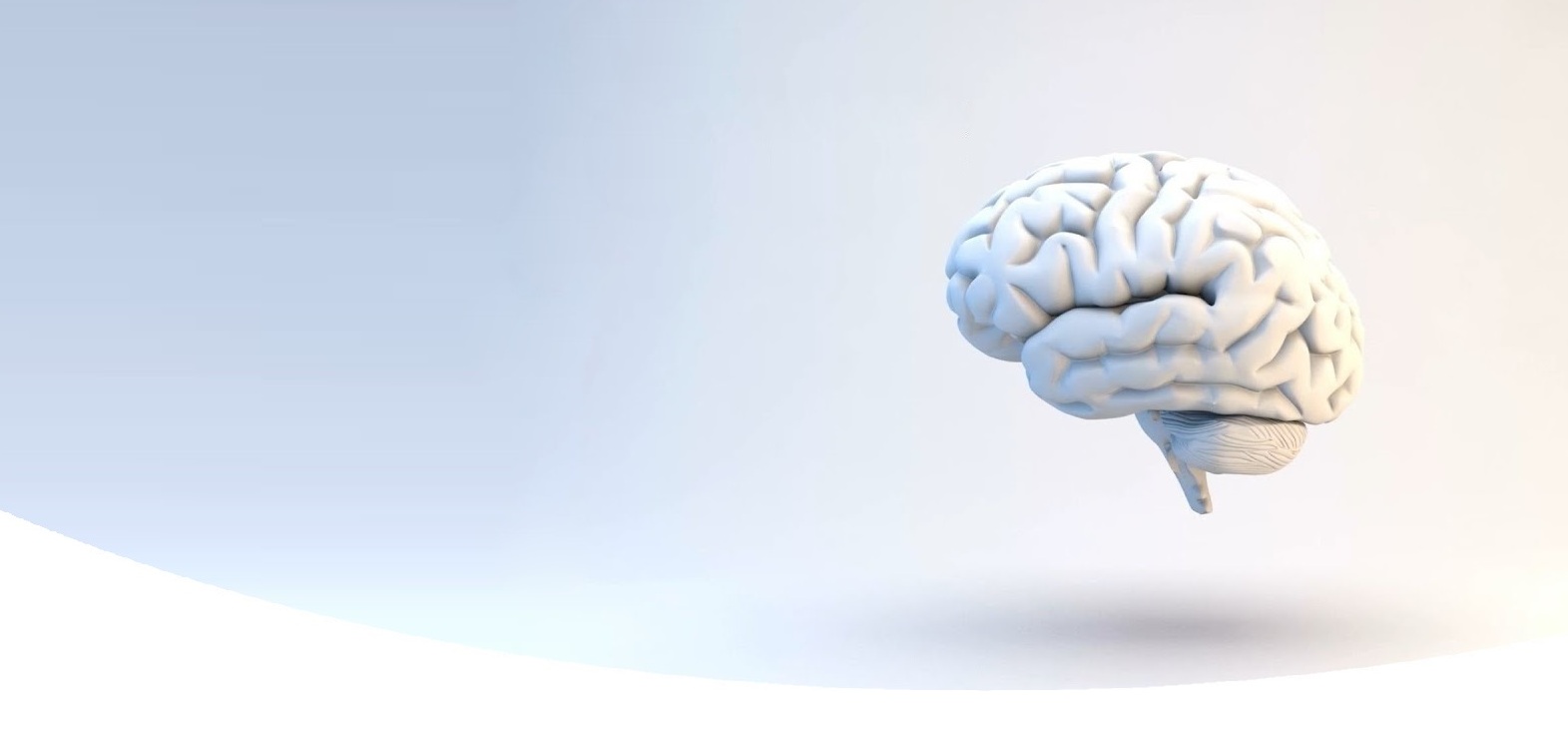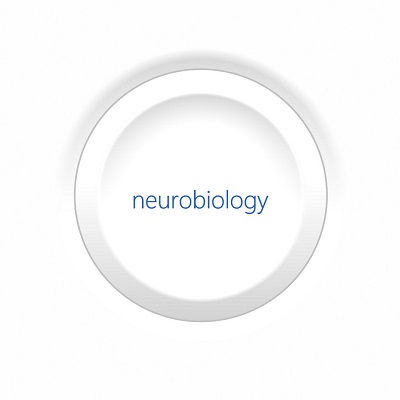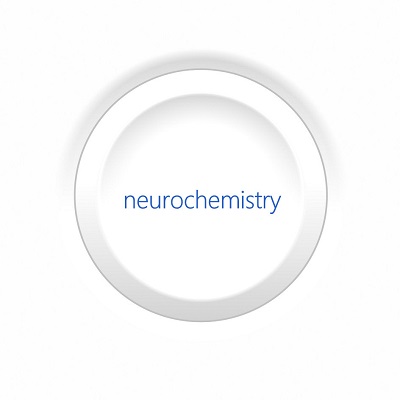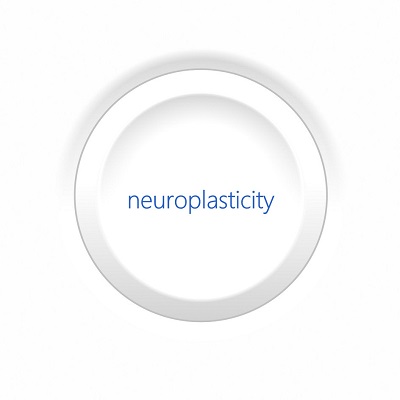
neurobiology : the limbic system
the limbic system is one of the brain’s oldest and most primal parts and is sometimes referred to as our 'ancient brain' that developed early on in the evolution of our species. it is located at the heart of the brain structure just above the brainstem. it is made up of key brain structures such as the pineal gland, hippocampus and the amygdala. the limbic system is the central component of the brain that is in charge of processing emotions, memory and instinctive behavioral responses linked to autonomous hormonal effects in the body.
the limbic system is what determines our brain chemistry and hormones. the main organs of the limbic brain release key chemicals such as endorphins, dopamine, oxytocin etc. and these determine our moods and well being. When there is a deficiency of certain chemicals such as serotonin for example, this has been linked to depression. ultimately it is our limbic brain that determines our state of happiness, wellbeing, connection and sense of meaning and fulfilment in our lives. regardless of our external circumstance, these are the things that ultimately matter to us the most at the core as human beings.
the interesting thing is that as humans, almost all of our problems are rooted in the limbic system - whether its stress, trauma, anxiety, depression etc. when our limbic system is functioning well, we feel balanced, we are resilient and our nervous system is easily regulated.
but if our limbic system experiences some kind of overwhelm - whether its stress or trauma or something else - it can result in nervous system dis-regulation, which over time can lead to the malfunction becoming ingrained. And since the limbic system is directly linked to hormonal responses, its impairment can lead to a host of different imbalances and health issues. this is what happens when for example constant stress leads to high levels of cortisol, that leads to a whole host of other health problems.
what emotions do the limbic system control?
the limbic system was formed early on in our evolutionary development as human beings. initially it helped the species to survive via our instincts and responses - whether it was a response to danger (the classic - fight - flight - freeze - fawn response to a perceived threat, for example), or the innate bonding response to enable nurturing of the vulnerable (oxytocin and pair bonding to raise infants).
these emotions are in turn largely driven by neurochemicals as adrenaline, cortisol, and dopamine among others. these chemicals are the hormones that regulate our body functions such as heart rate, blood pressure, arousal, immune system and more. for example, anger can cause elevated heart rate, increase our blood pressure and place our body under serious stress. on the other hand feeling connected with others significant to us can make us feel calm and happy with the effects of oxytocin while dopamine can provide a hit of euphoria that can leave us craving and experiencing a sense of addiction.
the limbic system is also primary in the formation of new memories and emotional association - this is centred around the hippocampus which is the area of the brain that helps consolidate memories and gives us our sense of meaning and fulfilment in our lives. Interestingly the reason our sense of smell (the olfactory nerve) is often tied so closely to our memories is that it is connected directly to this region of the brain.
because the limbic system is intertwined in all bodily processes and responsible for regulating so many bodily systems, if its functioning is compromised or impaired it can lead to a wide range of dis-regulation that can impact how a person feels and functions, both physically and emotionally, because it functions like the “chief orchestrator” of hormonal and chemical processes and their corresponding emotional and behavioural responses. This is why its so important to have the limbic system working optimally so the body and mind can work efficiently and is primed for healing and recovery from any challenge.

Copyright ©2024 neurolimbic, Inc. All rights reserved


